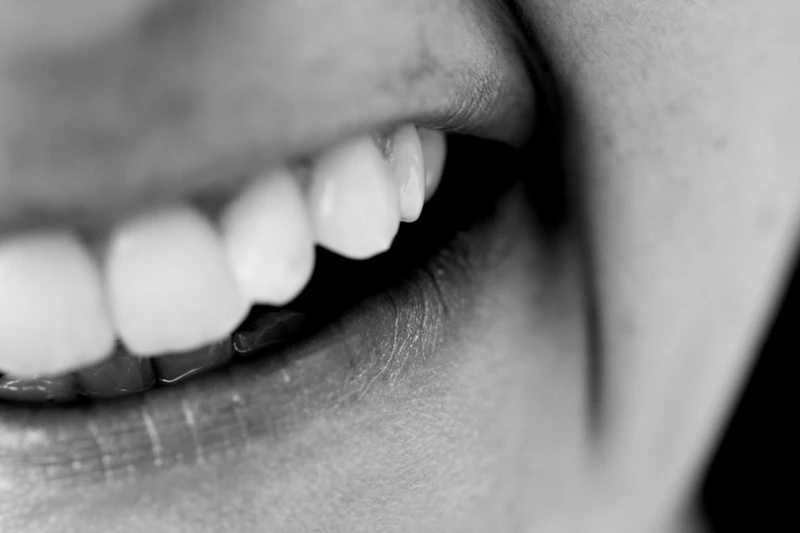Fighting Oral Malodor with Zinc Ions
Zinc ions are known to exhibit a preventive action against volatile sulfur compounds such as gaseous H2S that cause oral malodor.
Oral malodor results from microbial fermentation of food debris in the mouth; so, antimicrobial agents have the potential to reduce oral malodor by chemically neutralizing the fermentation by-products. A combination of zinc ions and chlorhexidine can also synergistically reduce the production of sulfur compounds, as zinc ions have an affinity with thiol groups in these sulfur compounds and also have a catabolic effect against harmful oral bacterial species.

P. nucleatum, P. intermedia and P. gingivalis are the major bacterial strains of oral malodor; and they exhibited immediate suppression for 24 hours when treated, in vitro, with ZnCl2 solution. Gram-negative anaerobic bacteria which are the main causative organisms of periodontitis showed less sensitivity toward the same solution as their suppression lasted for only 12 hours. This sensitivity is also dependent on the biofilm formation process and the thickness of the peptidoglycan layer on the bacterial cell wall.
Metal ions works against oral malodor in 2 mechanisms; the first way is direct inhibition of H2S volatilization and the second way is inhibiting the microbial activity. The first way was tested by chemical experiments that showed suppressed H2S gases when exposed to metal ions. The second way was tested by exposing bacterial amino acids, containing sulfur, to silver ions; these amino acids exhibited functional failure and bacterial cells underwent lyses.
Zinc ions possess reasonable antimicrobial activity similar to silver and copper ions; however, it chemical reactivity with thiol groups makes it more suitable for treating oral malodor rather than an oral antibiotic.


